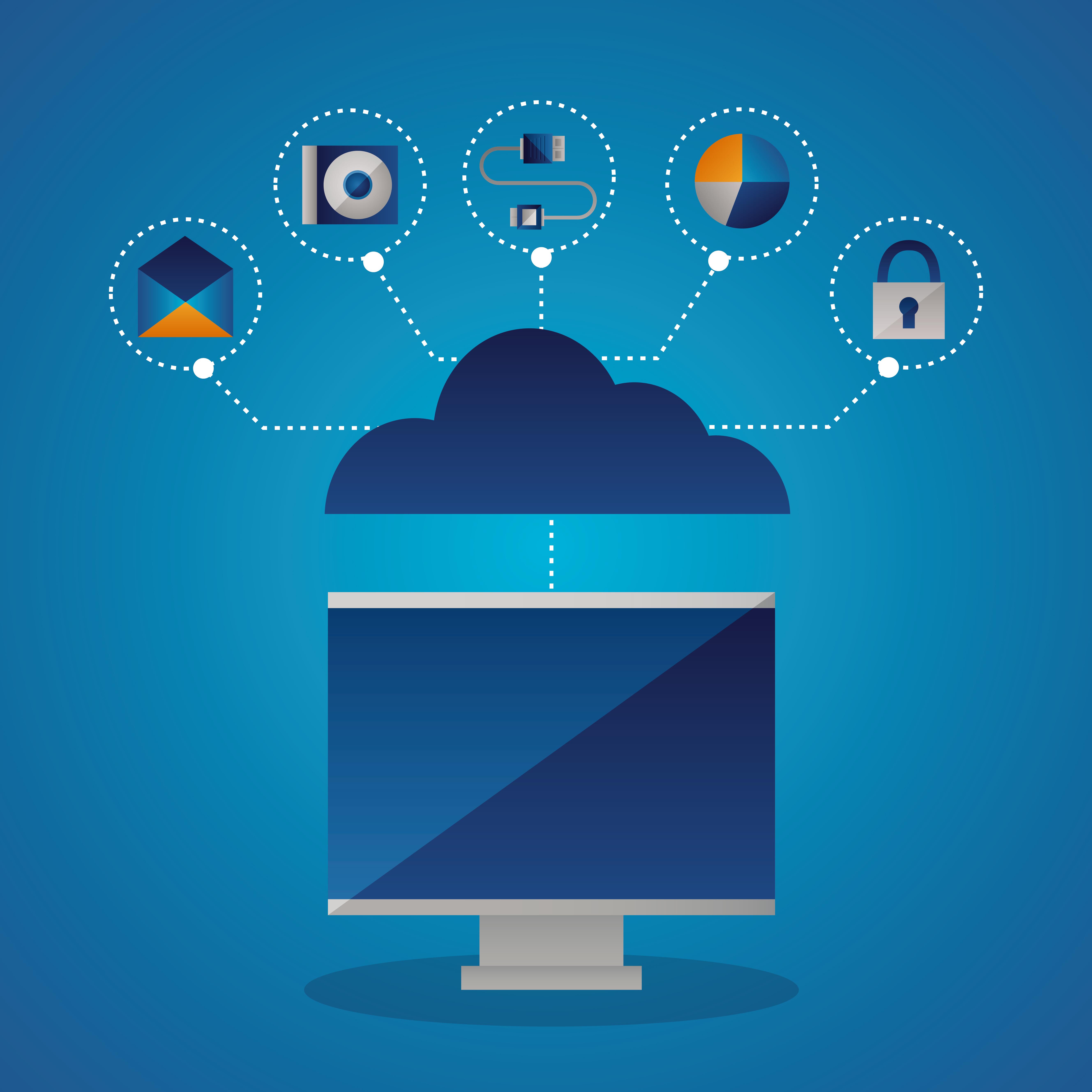The Future of Privacy is Zero-Knowledge: A Vision for the Next Decade

Every click, transaction, and online interaction generates data that can be stored, analyzed, and potentially exploited. Traditional approaches to privacy, including encryption and access controls, provide some protection but often fall short of giving users full control over their personal information. This is where zero-knowledge proof (ZKP) technology comes into play, offering a new paradigm: the ability to verify facts without exposing the underlying data. Over the next decade, zero-knowledge proof is poised to redefine privacy across multiple industries.
Understanding Zero-Knowledge Proofs
A zero-knowledge proof is a cryptographic technique that enables one party to prove the validity of a statement to another party without revealing any other information. Think of it as a way to show that something is true without showing the actual data that proves it. For example, you could demonstrate that you are over 18 to access a service without sharing your exact birthdate, or confirm sufficient funds for a transaction without exposing your entire account balance.
The key advantage of ZKP is its ability to separate verification from disclosure, allowing systems to function securely without compromising privacy. This makes it a foundational technology for the next generation of digital interactions.
Privacy Challenges Across Industries
Privacy is no longer just an individual concern—it is a systemic challenge. In finance, users want secure transactions without revealing their entire financial history. In healthcare, patients need to prove eligibility for treatment without exposing sensitive medical data. In identity verification, citizens require proofs of age, nationality, or membership without sharing full personal details.
Traditional solutions often involve either trusting intermediaries or revealing more information than necessary. Both approaches create vulnerabilities. By enabling proof without exposure, zero-knowledge proof provides a robust solution that can scale across industries while maintaining user privacy.
Real-World Implications of ZKP
The potential of ZKP extends far beyond theory:
-
Digital Identity: Individuals could verify personal attributes such as age, residency, or certification without exposing their full identity.
-
Financial Privacy: Transactions can be verified for accuracy and compliance without revealing amounts or counterparties.
-
Healthcare Security: Patients can prove insurance coverage or eligibility for services without sharing complete medical records.
-
Secure Voting: Voters could confirm eligibility and participation without revealing their choices, enabling truly private and auditable elections.
-
AI and Data Collaboration: Organizations can train and validate machine learning models without sharing proprietary or sensitive data.
By leveraging ZKP, privacy becomes an enabler rather than a limitation.
The Next Decade: Privacy by Design
Looking forward, zero-knowledge proof is likely to become a standard component of privacy-first system design. The concept of “privacy by design,” where user data is protected from the outset rather than as an afterthought, will increasingly rely on ZKP techniques. As computational efficiency improves and cryptographic methods advance, the integration of ZKP into everyday digital services will become more seamless and accessible.
Organizations adopting this approach will benefit from increased user trust, regulatory compliance, and reduced risk of data breaches. Individuals, in turn, will regain control over their personal information, knowing that they can interact with digital systems safely and privately.
Challenges and Opportunities
Despite its promise, widespread adoption of ZKP faces challenges. Computation and verification can be resource-intensive, requiring optimization to scale effectively. Designing user-friendly interfaces that make privacy-enhancing technology transparent and easy to use is another critical factor. Education and awareness will be key: both users and developers must understand how zero-knowledge proof works and why it matters.
Yet the opportunities are immense. From securing sensitive transactions to enabling private AI and healthcare applications, ZKP has the potential to become a cornerstone of digital trust for the next decade.
Conclusion: A Privacy-First Future
The next ten years will likely see privacy move from being a reactive concern to a proactive design principle. Zero-knowledge proof technology offers the tools to make this vision a reality, enabling verification, trust, and security without compromising sensitive information.
As ZKP becomes more accessible and integrated across industries, individuals and organizations alike will be empowered to operate in a digital environment where privacy is guaranteed, not optional. The future of privacy is zero-knowledge, and its impact will be felt in finance, healthcare, governance, and beyond—ushering in a new era of secure, trustworthy, and private digital interactions.
- Vibnix Blog
- Politics
- News
- Liberia News
- Entertainment
- Technology
- Education
- Art
- Causes
- Crafts
- Dance
- Drinks
- Film
- Fitness
- Food
- Games
- Gardening
- Health
- Home
- Literature
- Music
- Networking
- Other
- Party
- Religion
- Shopping
- Sports
- Theater
- Wellness



